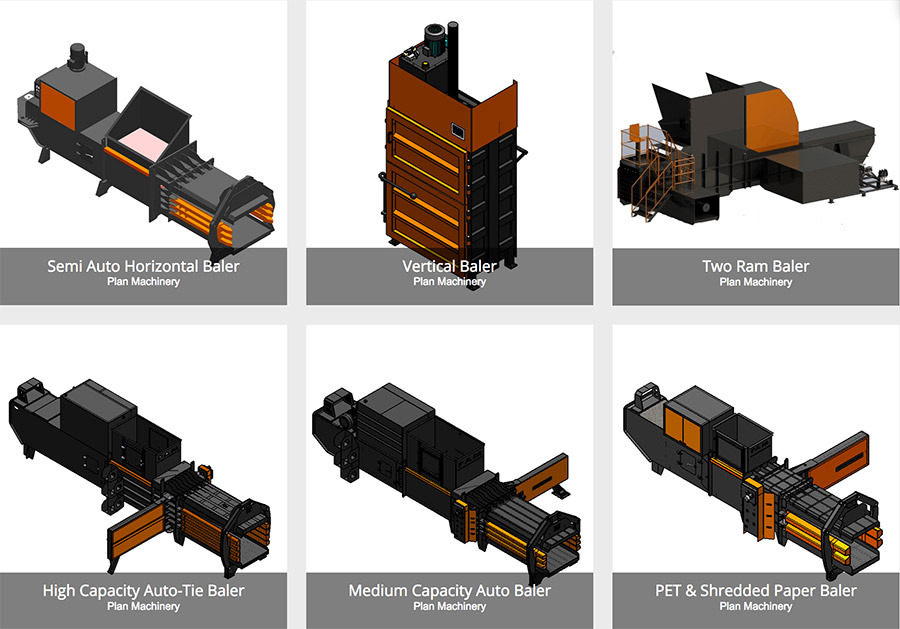
WHAT IS RECYCLING ?
Re-using of the waste by changing to the possibilities of various raw materials by chemical process and converting back to the production process is called recycling.
Re-evaluation of the waste to the possibility of various physical and / or secondary raw materials in a chemical process to be converted back into the production process is called recycling. A description that other user in any way by using a variety of materials remaining non-recyclable waste recycling methods and manufacturing processes, as raw material again be defined as the establishment.
Natural resources are not infinite, if not used carefully one day it will run out of natural resources.
In recognition of this situation in many countries the manufacturers avoid waste of resources and developed a variety of methods to be able to cope with the energy crisis and the re-use of waste by recycling the materials.
The strictest sense, recycling of a material would produce a fresh supply of the same material—for example, used office paper would be converted into new office paper, or used foamed polystyrene new polystyrene.
Iron, steel, copper, lead, paper, plastic, rubber, glass, electronic waste, recycling and re-use of such substances, prevent the depletion of natural resources. By recycling scrap materials the country will reduce the amount of energy to save the money. For example, the paper used for the manufacture of paper, 74-94%, A ton of waste paper pulp will prevent 8 tree cutting from our forest.
On the other hand, as mentioned above, one purpose of recycling, to reduce the amounts of solid waste to be disposed is to the prevention of environmental pollution considerably. Solid waste disposal on a regular basis, especially for countries with sufficient space to be able to decrease the volume solid waste is a big advantage.
Recycled secondary materials become much lower quality because of nature of the waste which is mixed. Recycled materials quality can be improved by separating the waste materials by type at the beginning of the recycling process.
BENEFITS OF RECYCLING
Recycling is a process constituted by a series of activities such as collection, breaking down, grinding and decomposition. Final products derived are used in the new productions. Benefits of recycling are summarized down;
1- They Facilitate Environmental Preservation:
Recycle considerably reduces waste materials volumes accumulated in waste material burning plants or in regular waste storage lands.
Regular warehouse spaces constructed over plenty of locations all around the world are designed to monitor the transfusion of toxic chemicals dispersed from eroding solid wastes into water systems. But how much it will go on like that?. Around plenty of locations all around the world there are lots of examples for the contamination water sources by hazardous chemicals.
Burning waste products may have benefits for electricity requirement but for increasing carbon dioxide and other greenhouse gases it creates an alternative cost. For that reason, recycle quantity before burning must be increased as much as possible.
2- It Facilitates the Preservation of Restricted Resources:
Let’s look at the example down for scrutinizing this benefit in an appropriate perspective;
Recycling 1 ton steel eliminates the requirement for approximately 1.2 ton iron substance, eliminates the energy requirement derived from burning 800 kg coal and approximately eliminates the requirement for 70 kg lime stone (calcareous).
By means of recycling of all sort of paper excessively requirement for cutting millions of trees may be eliminated.
Precious metal (gold, silver, tantalum, titanium, rodium etc), metal (cupper, aluminum, nickel etc) oil (herbal oils, industrial oils) are termed as finite resources and will be consumed in anyway sooner or later.
Mobile phone and computer manufacturers regularly report their raw material requirements, many of them launched to recycle their corrupted or obsolescent products by their own efforts.
3- It Intensifies Energy Productivity:
Recycling considerably reduces energy consumption for the manufacture of raw material which is going to be derived processing in the form of new kernel and energy cost. Operation of mines, kernel derivation, decomposition of derived kernel and its shaping, carriage etc., will not be needed anymore.
4- It Facilitates the Establishment of a Powerful Economy:
Reduction of costs for energy productivity, resource protection and professional development etc., are the efficient parameters for the nations for reaching to powerful economy. Generally, during economic recession periods recyclable products even though experiencing bottom price levels, shifting to pre-crisis periods is experienced much faster compare to remaining sectors. One of the sectors experiencing lowest impact from economic crisis is the recycling sector, most impactful factor for that reason is known as raw material provision availability in much more economic ways. Specialization in recycling by means of more advanced technological implementations intensifies as the time goes on. Public institutions directly or by means of sub-contractor firms create considerable benefits of energy save in terms of storage and waste collection.
5- It Constitutes a Profession:
Recycling constitutes a wider employment field compare to storage or waste burning operation. In a period experiencing high unemployment and in case of market deregulations such a benefit is impossible to underestimate.
6- Provides Qualifications For Unqualified Individuals:
Unqualified workers gained labor training are earned for public life earning a profession, such circumstance may be useful for the elimination of guilt rates. Even illiterate individuals may be provided with a specialized skill following professional training and business applications.
7- It Creates a Social Structure:
Fundamental fact for humans to come together and to constitute social gatherings remains on problems and related precautions. Recycling is not different than those. From different cities or countries individuals from different cultures, different educations, different age groups, different genders, political and life orientations by means of coming together behave in the same way for the well-being of environment and living creatures.
8- It Creates a Good Income Source:
While a recycling service is generated although infrastructure and investment costs are very high by means of appropriate applications waste material (rubber, paper, plastic, glass, metal, electrical and electronic devices, accumulators, batteries etc) collections, carriage, decomposition, type and sort classification and then by transmitting to convenient recycling plants enables a good income source in the long run.

 Каталог
Каталог